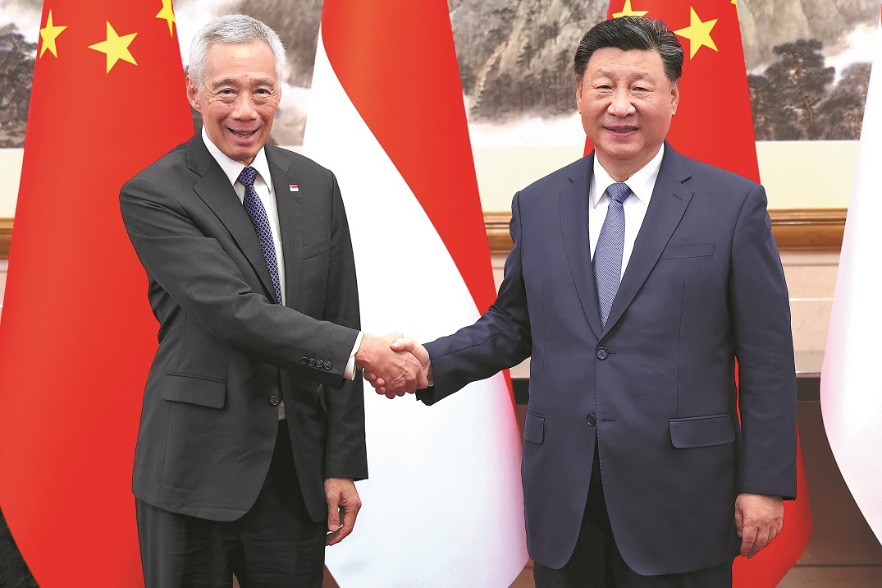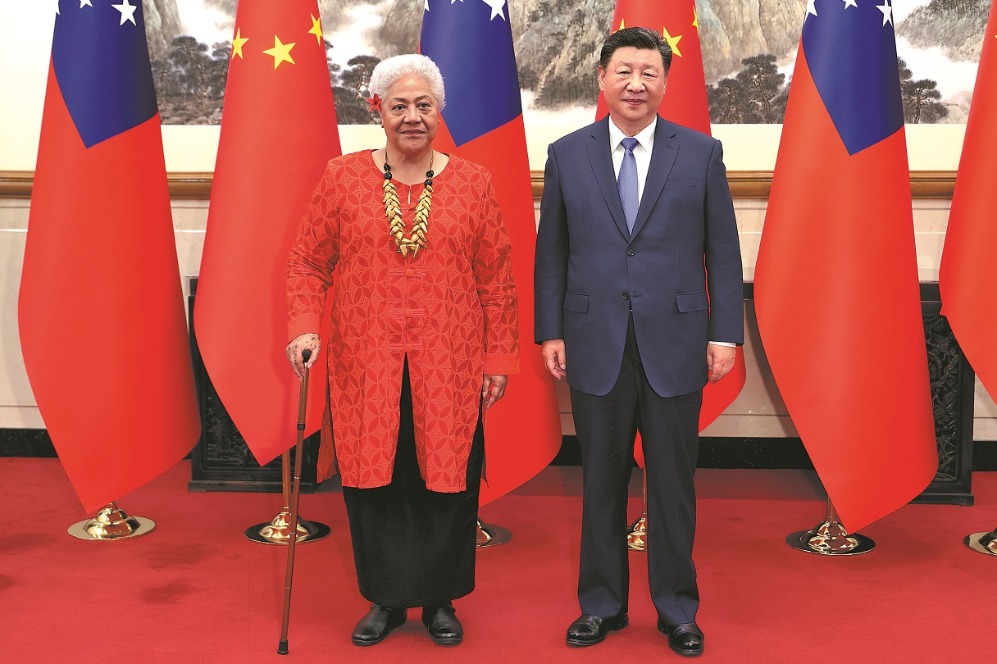Nation contributes to biodiversity via COP 15: China Daily editorial


Because of human activities, species are disappearing from the planet with alarming rapidity, at 50 to 100 times the historical rate. But while the loss of individual species makes the news and catches people's attention, "it is the fragmentation, degradation, and outright loss of forests, wetlands, coral reefs, and other ecosystems that poses the gravest threat to biological diversity", as the Secretariat of the Convention on Biological Diversity points out.
On Wednesday, representatives of the 196 nations that have ratified the UN Convention on Biological Diversity will meet in Montreal, Canada, for the start of the second phase of the 15th Conference of the Parties to the Convention.
The meeting, which has the task of securing a consensus on the post-2020 Global Biodiversity Framework, was split into two parts to allow more time for continued negotiations on the framework. As China is the current chair, it will lead the deliberations in Montreal, setting the agenda and tone.
Huang Runqiu, China's minister of ecology and environment and COP 15 president, said the aim is to ensure biodiversity loss is halted and reversed by 2030, and that humans live in harmony with nature by 2050.
The size of the challenge to realize those ambitious but vital objectives cannot be overemphasized. At COP 10 in Nagoya, Japan, in 2010, the parties agreed on the 20 Aichi Biodiversity Targets. None of the 20 objectives has been fully realized.
This shows how crucial it is to turn consensus into concrete actions and find common ground on issues such as funding, genetic resources, and enforcement and oversight mechanisms.
As with the recent negotiations on climate actions, one of the sticking points is the developed countries failing to fulfill the obligations stipulated in the Convention and related protocols to provide funding, technology and capacity building to the poorer nations.
To help set the ball rolling in this respect, China launched the Kunming Biodiversity Fund and contributed $230 million to it at the first phase COP 15 meeting held in Kunming last year.
China has a clear vision for protecting its own rich biodiversity, much of it endemic, which is encapsulated in the goal of realizing an ecological civilization that has been written into the country's Constitution. It has been taking concrete steps to realize this goal, and these have been widely recognized by the international community.
This provides it with a solid platform on which to demonstrate the bold leadership that is required to produce a meaningful outcome in Montreal.


































